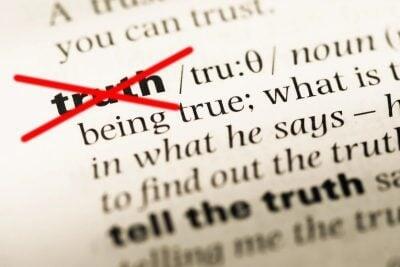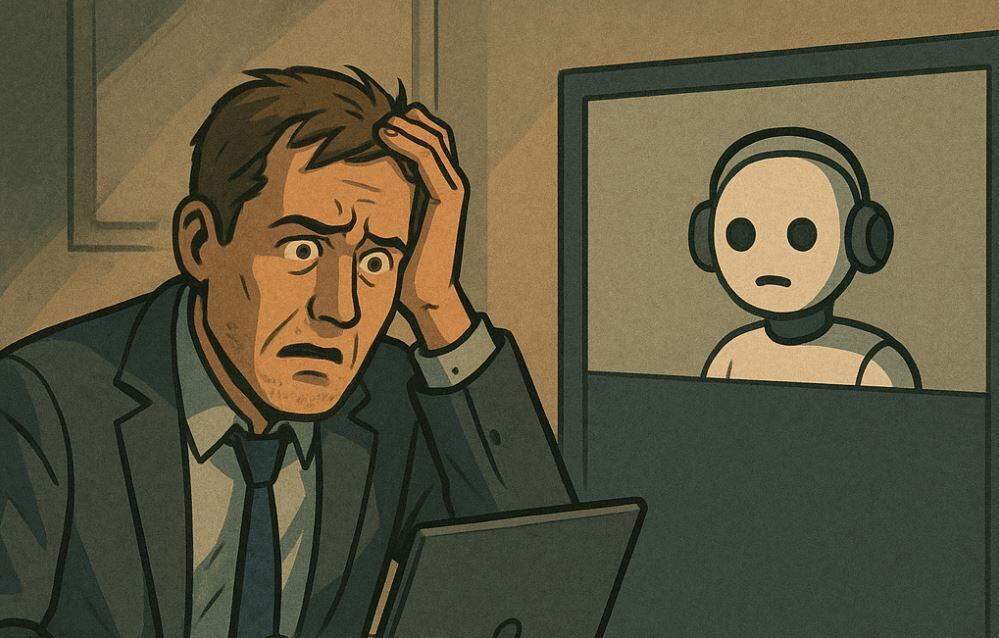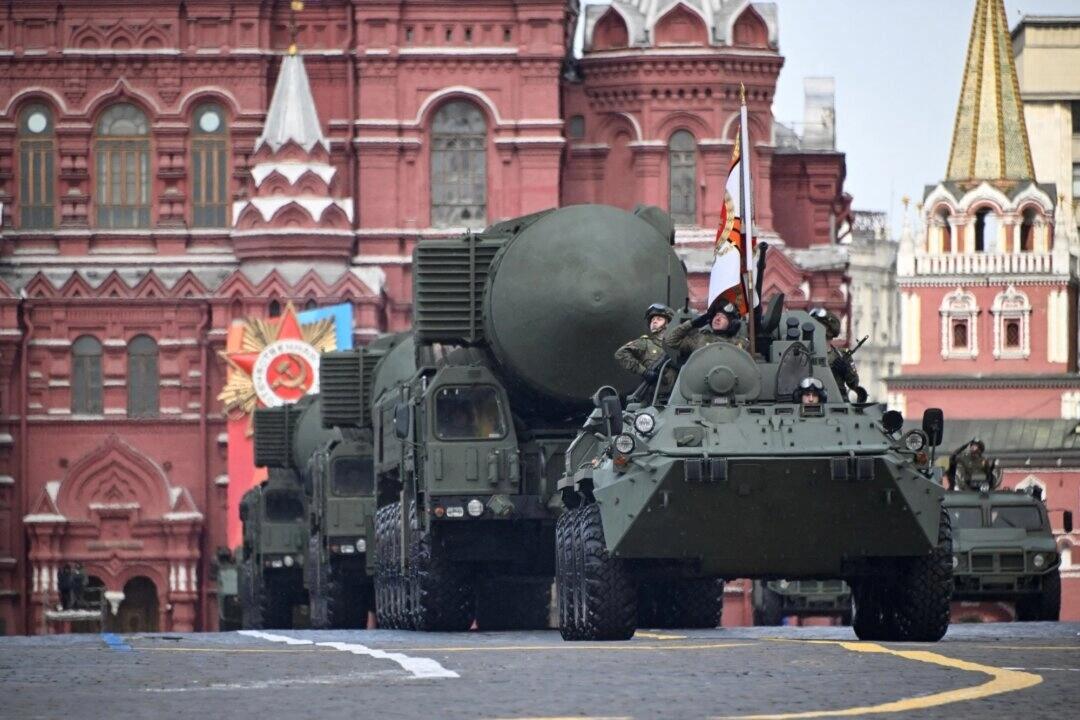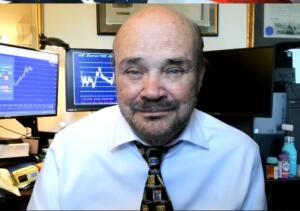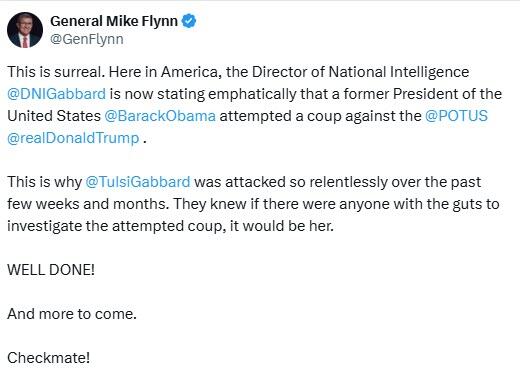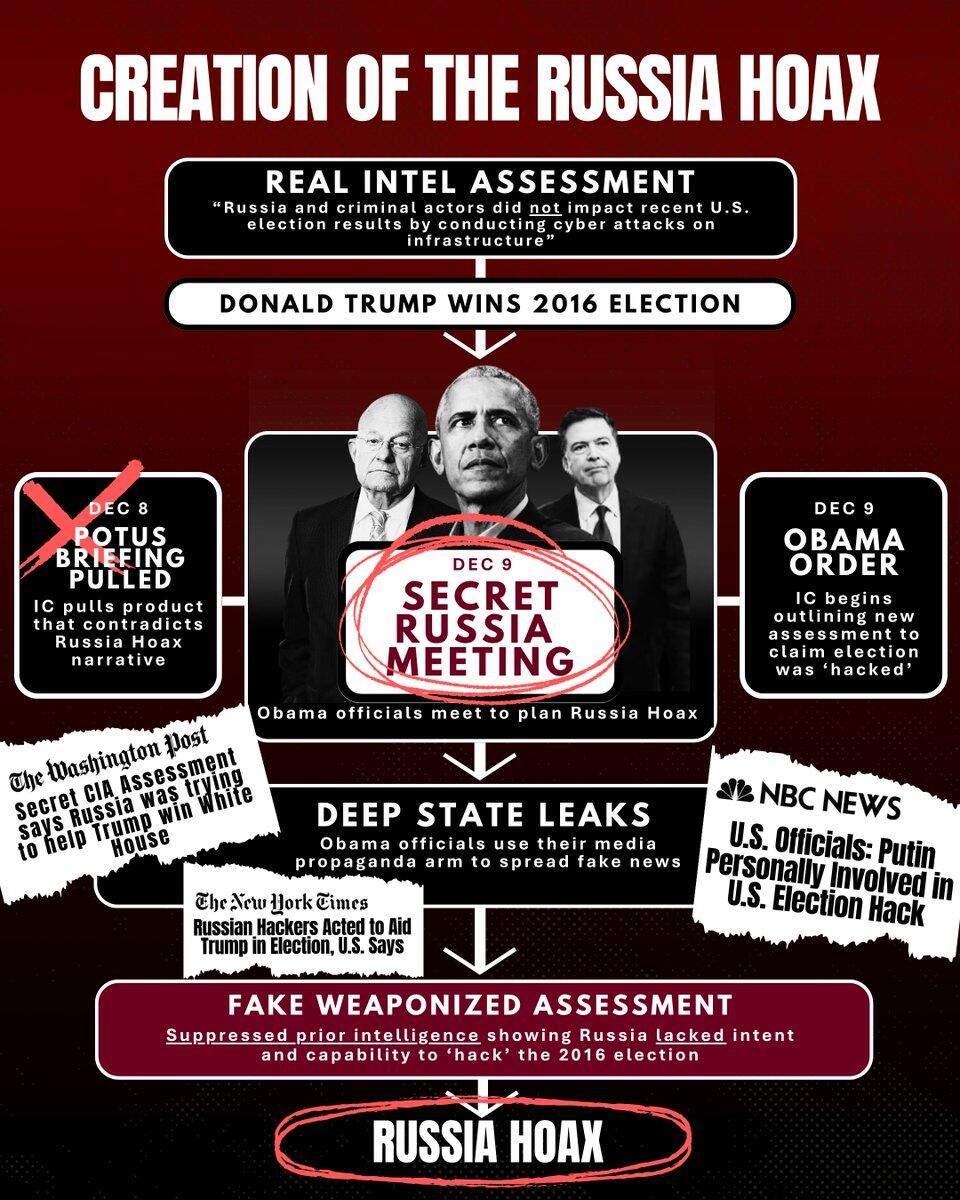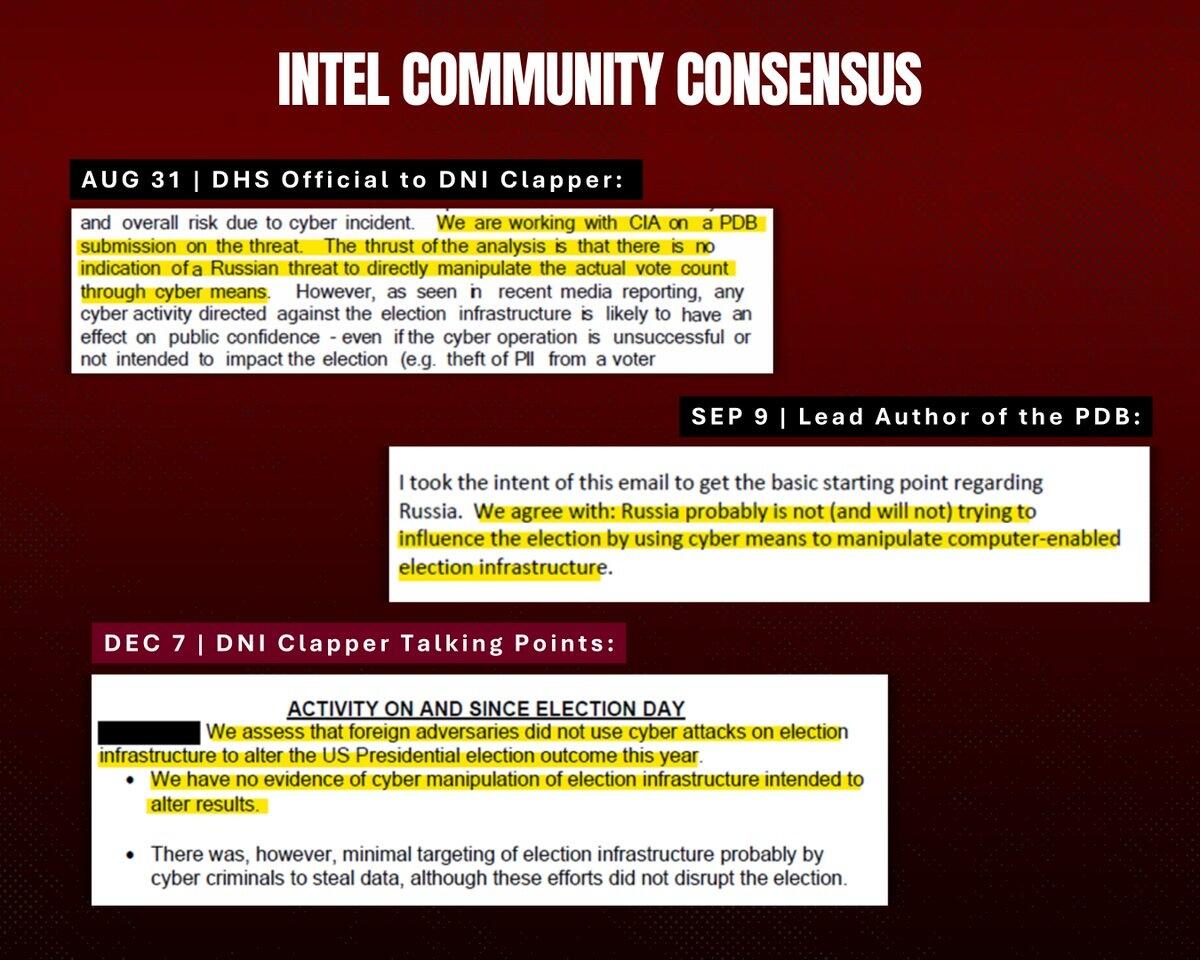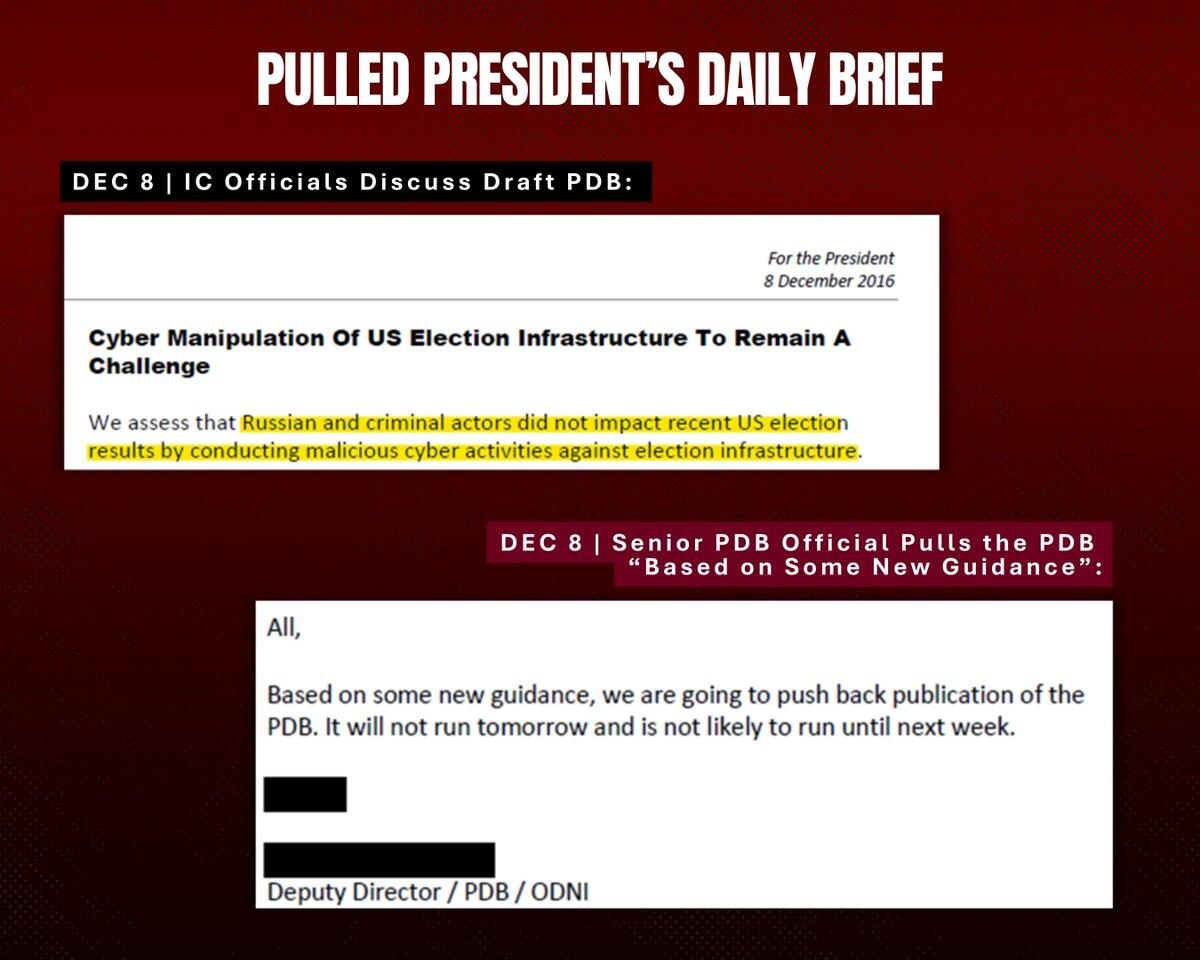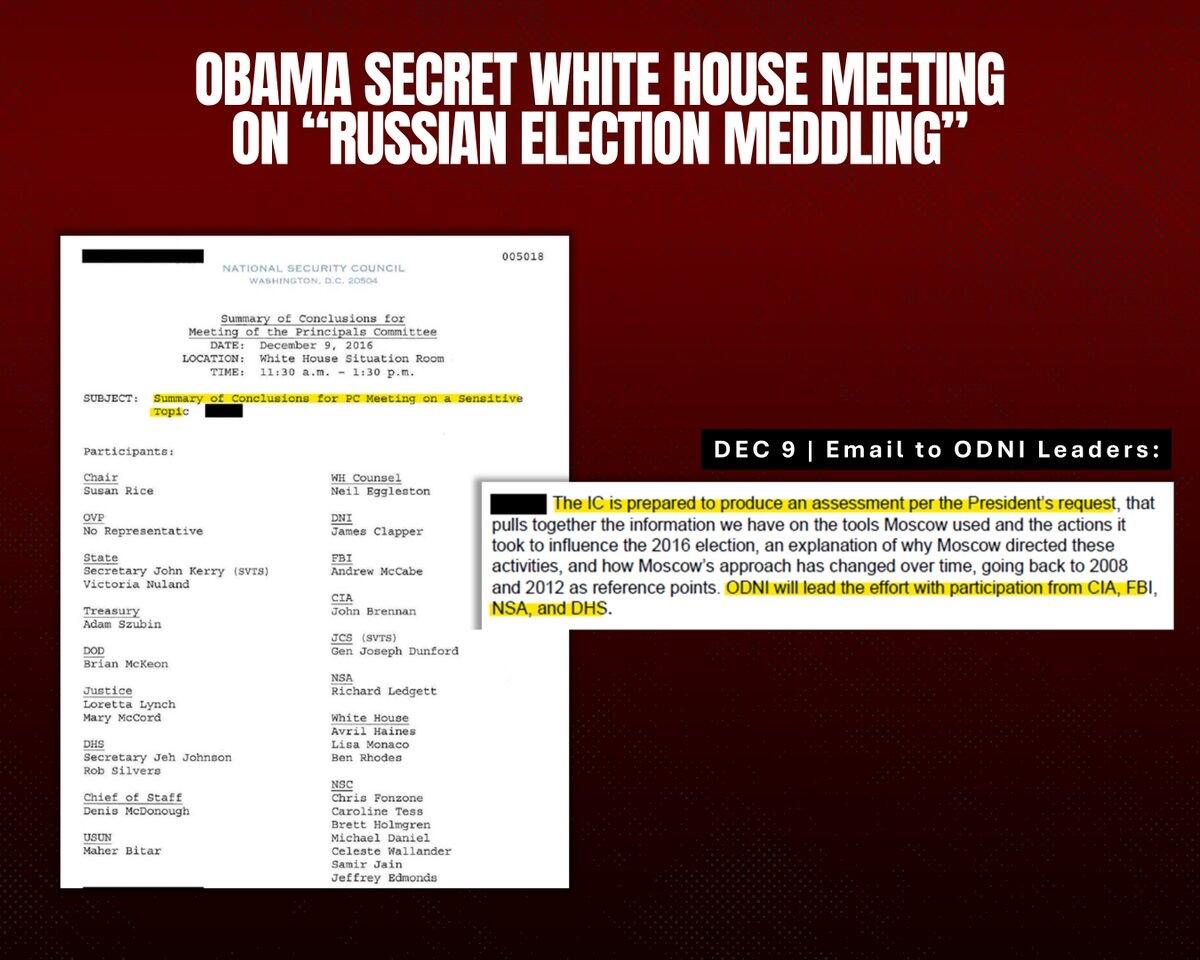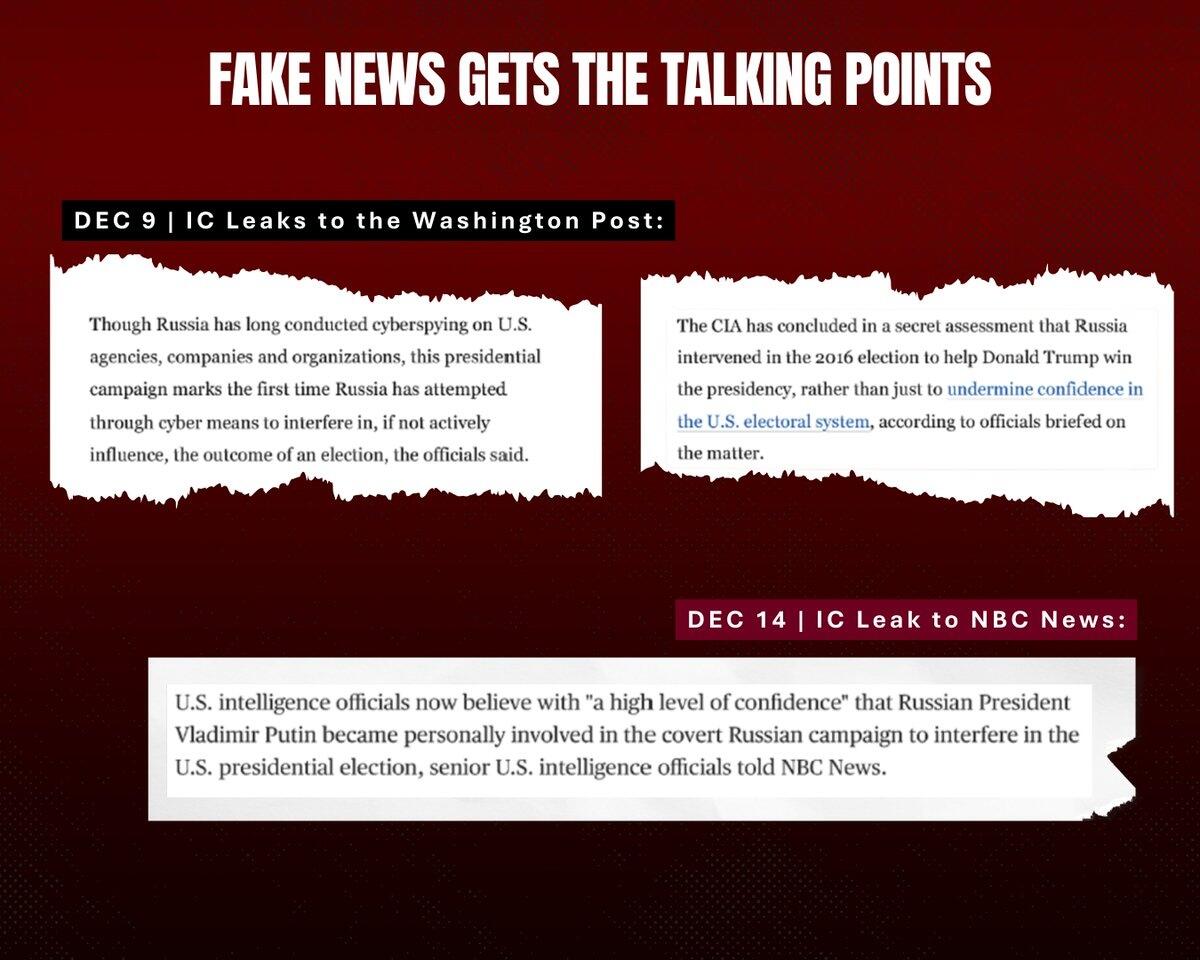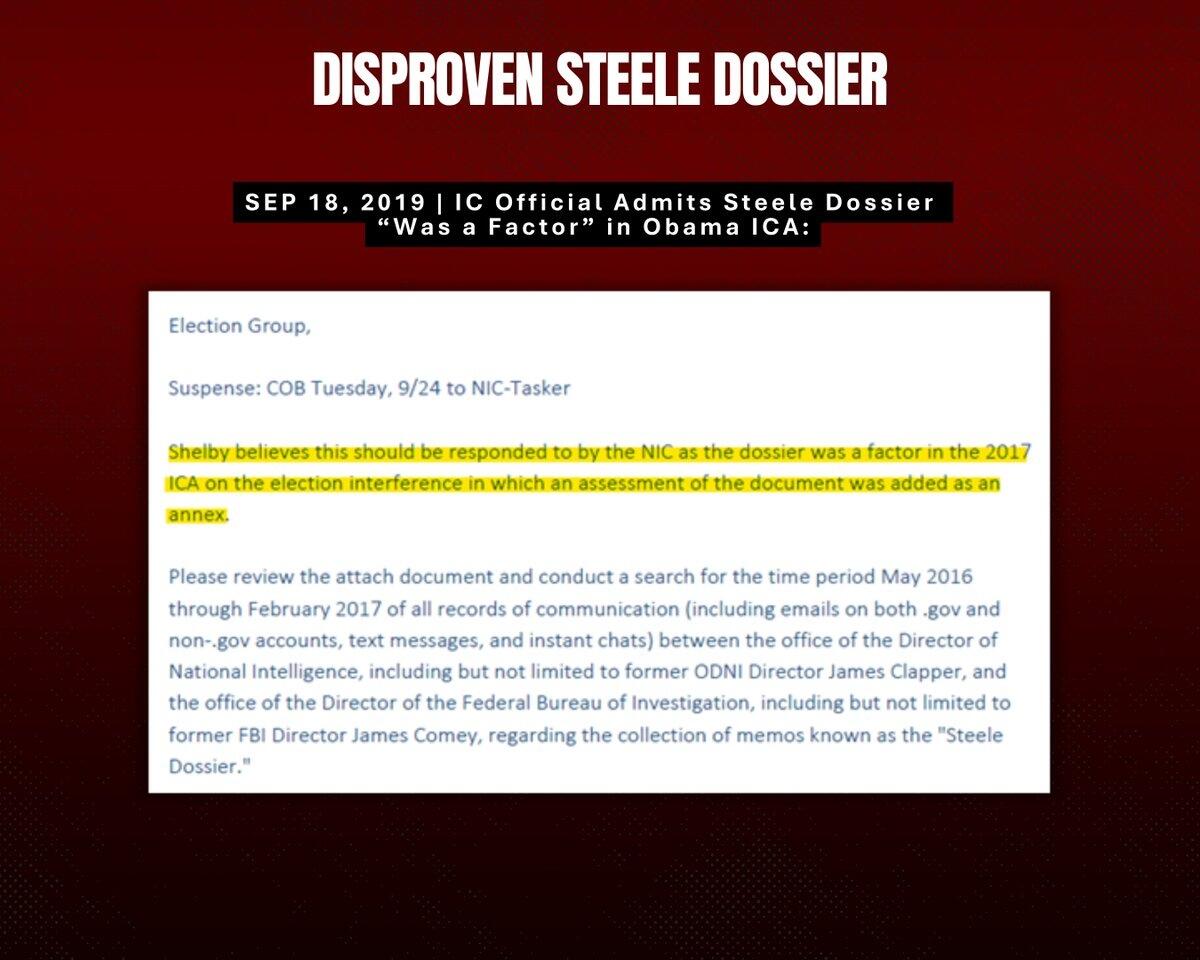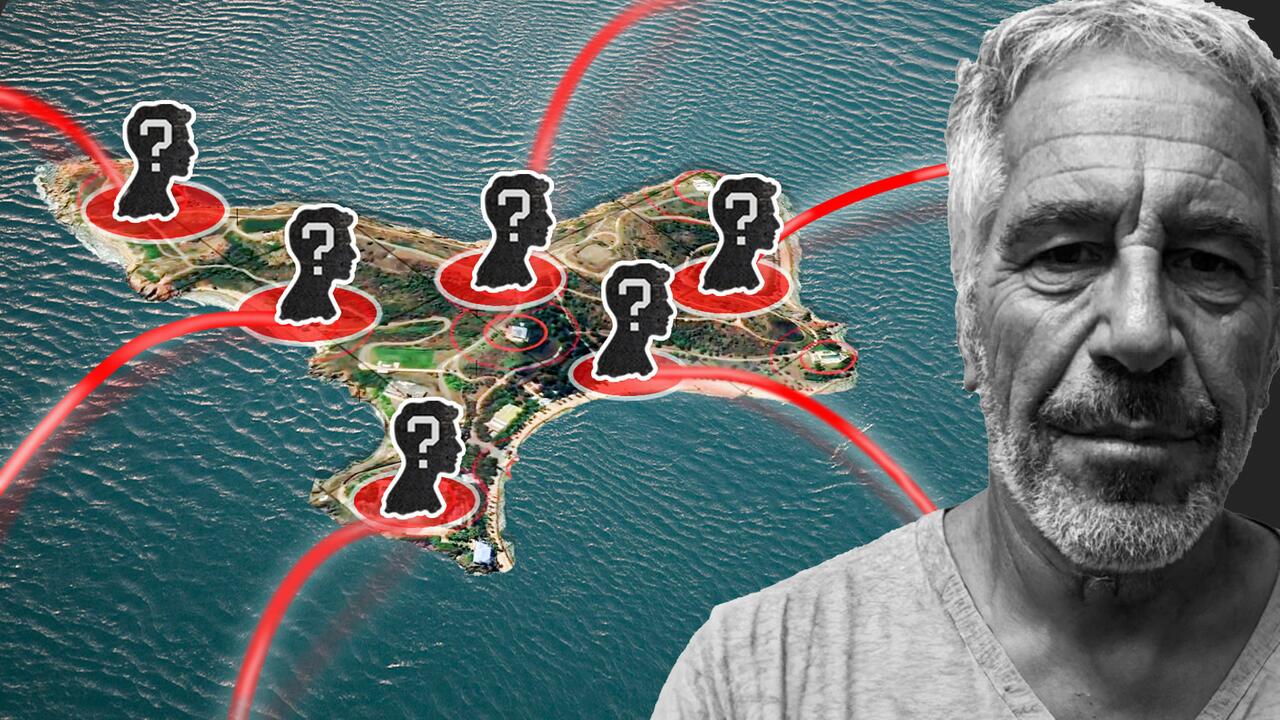Here's a thought provoking article below although I would like to argue exactly the opposite: "The Disappearing Role of Truth in Society"? or rather an improvement of transparency which is panicking the elites?
After all rotten and sold out politicians are nothing new. Every long period of peace tend to see rot and sclerosis prevail and expand. Laws to control the little people proliferate while the upper class creates ad hoc loopholes through which its money flows merrily. Think about Europe these days where you will find it rather difficult to extract 1,000 Euros from your own account but where conversely, a shell company can pay unlimited amounts for luxury hotel rooms, the limousine to take you there and the jet fuel for your private jet, which is exempt from most taxes ordinary tickets are submitted to, thanks to well remunerated lobbying in Brussels. Don't tell me you are anti business, right?
So in the end, what is "true"? What someone wants you to believe and will pay pseudo journalists to print or... Well if they can have it their way, nothing else! Pesky blogs like this one and alternative medias are usually not "licensed" and should therefore not be allowed to confuse people with mis/de/un/information which contradict the narrative. This is in fact what has changed. There is consequently a fight to regain control of the narrative against a countervailing force to expose the truth. This I believe in itself is progress.
As for the truth, well, read on...
Authored by Prof. Ruel F. Pepa via GlobalResearch.ca,
Imagine a world where uncomfortable truths like inconvenient shards of reality that demand reflection, humility, and change are no longer met with curiosity or concern, but with ridicule and disdain. In this world, the bearers of truth are not welcomed as catalysts for progress, but targeted as enemies of the status quo.
Rather than prompting sober introspection, these truths are greeted with the smug laughter of those who have wedded themselves to comforting illusions. Laughter, not as joy, but as a sharp, derisive, and calculated weapon becomes the tool by which the powerful deflect accountability and silence dissent.
Whistleblowers, once symbols of courage who pulled back the curtain to reveal institutional rot or systemic abuse, are now cast as traitors or lunatics. Their revelations, no matter how meticulously documented, are dismissed before they are heard, buried under orchestrated campaigns of character assassination. Careers are destroyed, reputations dismantled, families threatened, all to preserve a façade of normalcy. The public, overwhelmed by noise and misdirection, turns away, unable or unwilling to discern truth from fabrication.
In this Orwellian descent, it is not the wise, the ethical, or the compassionate who rise to positions of influence, but the demagogues, the charismatic deceivers, the architects of alternate realities. Public discourse is not guided by facts, but by the emotional thrill of confirmation bias, by the seductive pull of tribal narratives.
Truth becomes elastic, shaped not by evidence but by the needs of the moment, contorted to fit agendas cloaked in patriotism, progress, or security.
History itself is not safe. Books are edited, curricula revised, monuments erected to fictional heroes while real ones are erased. What was once undeniable becomes debatable; what was once criminal becomes justifiable. A fog settles over collective memory, thickening with each passing day, obscuring the path back to clarity.
This is not the plot of a dystopian novel or a speculative screenplay. It is a creeping reality, unfolding in the quiet erosion of norms, in the discrediting of journalism, in the rewriting of past events with Orwellian efficiency. It spreads not with the thunder of war, but with the whisper of apathy that says, “It’s always been this way,” or worse, “It doesn’t matter.”
But it does matter. The future is not a fixed point on a timeline; it is a mirror held up to our present choices. And in every era, the battle for truth must be fought anew by those who refuse to look away, who speak even when it’s dangerous, who think even when it’s easier not to. For without truth, freedom is a myth, and without the courage to face uncomfortable facts, civilization teeters on the edge of its own undoing.
The Disappearing Role of Truth in Society
Traditionally, societies have flourished when anchored in truth. It has served not merely as an abstract ideal, but as a practical and essential cornerstone of civilization. In the realm of justice, truth has guided laws and legal systems, acting as the compass by which courts distinguish right from wrong, guilt from innocence. It has enabled accountability, ensuring that power is constrained by ethics and that victims are seen, heard, and vindicated.
Beyond the courtroom, truth has been the engine of human progress. Scientific discovery, medical advancement, and technological innovation all rest upon the premise that facts matter by way of observation, evidence, and honest inquiry that lead to better outcomes. History, too, draws its lessons from truth. A society that is willing to confront its past with clarity and humility is one that can evolve. A society that hides from its past, or rewrites it to suit present convenience, is doomed to repeat its worst mistakes.
But truth is not only the bedrock of justice and progress but also the invisible thread that binds individuals into functioning communities. It cultivates trust. When people believe they are being told the truth by their leaders, by the media, by each other, they are more willing to cooperate, to sacrifice for the common good, to extend empathy beyond personal interest. Truth enables the social contract to function.
Yet today, we are witnessing a dangerous unraveling. An emerging new and disturbing trend threatens to dismantle this foundation. Truth-tellers, once celebrated for their integrity and moral courage, are now increasingly marginalized. Rather than being elevated, their voices are discredited, attacked, or drowned in a flood of noise. The discomfort their revelations bring is no longer seen as necessary or noble, but as inconvenient, even offensive.
In their place, charismatic figures step forward, not with facts, but with narratives tailored for applause, outrage, and viral appeal. Armed with confidence rather than evidence, they offer stories that soothe, flatter, or provoke, rarely demanding the burden of proof. In this new landscape, spectacle replaces substance.
Misinformation spreads not in the shadows, but in the spotlight amplified by algorithms, echoed by partisans, and increasingly embraced as “alternative facts.”
The consequences of this shift are profound. When society no longer trusts its truth-tellers, justice falters. When decisions are made based on lies rather than facts, progress stalls or reverses. When communities are built on shared delusions rather than shared understanding, trust fractures, and cooperation collapses. The very fabric of our civilization woven from truth, trust, and transparency begins to fray.
If left unchecked, this erosion risks ushering in a world where perception trumps reality, where justice is determined by popularity, and where knowledge is devalued in favor of narrative. But this is not an inevitability. History shows us that truth has endured even in the darkest of times because there are always those willing to speak it, protect it, and fight for it. The question is whether we, at this moment, are willing to do the same.
The Echo Chamber Effect of Social Media
Several interlocking factors have contributed to the alarming degradation of truth in our public discourse. Chief among them is the rapid rise and pervasive influence of social media, which has fundamentally transformed the way information is produced, shared, and consumed. Unlike traditional media, which [ZH: allegedly] operate under at least some journalistic standards and editorial oversight, social media platforms are driven by algorithms i.e., mathematical formulas not designed to inform or enlighten, but to maximize engagement, clicks, and screen time.
These algorithms curate personalized content feeds that subtly but powerfully shape our perception of reality. By constantly serving users content that aligns with their existing beliefs, preferences, and emotional triggers, they create digital echo chambers like insular environments where dissenting perspectives are filtered out and where one’s worldview is not only reinforced, but rarely challenged. Within these bubbles, opinions masquerade as facts, and facts that contradict the prevailing narrative are dismissed as fake, biased, or malicious.
This environment supercharges confirmation bias, the psychological tendency to favor information that supports our preexisting views while ignoring or rationalizing away contradictory evidence. Over time, this bias becomes more entrenched, making individuals more resistant to new information, especially if it requires them to reconsider deeply held beliefs. Rather than promoting open-mindedness or dialogue, the digital landscape fosters a tribal mentality, where ideological loyalty takes precedence over truth-seeking.
Compounding the problem is the sheer volume of information, both accurate and misleading, that floods our screens daily. The pace at which content is created and disseminated leaves little room for verification or reflection. Misinformation, disinformation, half-truths, and emotionally charged content all compete for attention, often with little indication of credibility. In such a saturated environment, discernment becomes a burden, and many simply retreat into familiar narratives that feel safe, even if they are false.
Moreover, the structure of social media favors sensationalism over substance. In-depth discussion is penalized by short attention spans and restrictive formats, while bold, inflammatory statements are rewarded with likes, shares, and virality.
Complex issues are reduced to catchy soundbites or misleading memes. Emotional manipulation through outrage, fear, or identity-driven rhetoric becomes a tool for influence, drawing people in not with reasoned argument but with visceral appeal.
In this climate, critical thinking erodes. The skills necessary to analyze claims, evaluate sources, and entertain multiple perspectives become less valued and less practiced. Instead, emotional reasoning and ideological conformity take center stage. As a result, manipulation not only thrives but becomes normalized.
Influencers, propagandists, and opportunists exploit this vulnerability, using the architecture of social media to push agendas, distort facts, and sow confusion.
What we are left with is a society increasingly untethered from objective reality wherein the loudest voices, not the most truthful, gain the most traction. And unless we actively cultivate media literacy, promote independent thought, and demand accountability from both platforms and ourselves, this descent into informational chaos will only accelerate.
Institutional Complicity in Silencing Truth
Furthermore, powerful institutions ranging from multinational corporations to government bodies and intelligence agencies often play a significant and troubling role in the ongoing erosion of truth. These entities, wielding vast influence over economies, information channels, and public perception, are not always motivated by a commitment to transparency or the common good. Instead, many are driven by the imperatives of short-term profit, political expediency, or the preservation of power, even when those goals come at the expense of honesty, accountability, or societal well-being.
In such contexts, truth becomes inconvenient and hence an obstacle to be managed rather than a principle to be upheld. Information that might expose internal corruption, environmental harm, human rights violations, or abuses of power is frequently suppressed, spun, or strategically buried. Rather than addressing systemic problems head-on, these institutions often choose to protect their image, market share, or electoral viability, opting for damage control over ethical reform.
This suppression can take many forms: internal documents withheld from public scrutiny, scientific research manipulated or discredited, data sets selectively released, or entire narratives fabricated to steer public opinion. In some cases, well-funded public relations campaigns are launched to cast doubt on credible whistleblowers or to muddy the waters around clear ethical breaches. The result is a climate in which the truth is not merely hidden but aggressively contested, diluted, and displaced.
Those whistleblowers, investigative journalists, and conscientious insiders who dare to challenge this status quo often face severe consequences. Rather than being protected and celebrated for their courage, they are frequently subjected to intimidation, professional retaliation, legal action, surveillance, or character assassination. Their careers may be destroyed, their reputations smeared, and their personal lives upended. The message this sends is unmistakable: telling the truth, especially when it threatens power, is a dangerous act.
This chilling effect extends far beyond the individual. It cultivates a culture of fear and silence within organizations, where employees learn to look the other way, to accept ethical compromise as the cost of job security or advancement. Over time, institutions become insulated from accountability, surrounded by yes-men and loyalists rather than critics and truth-tellers. The rot sets in quietly but deeply.
The damage is not limited to isolated scandals. When institutions repeatedly sacrifice truth for profit or power, they corrode the public’s trust in fundamental systems of governance, healthcare, education, science, and law. People begin to question the legitimacy of facts themselves, unsure whether any claim, however well-supported, is free from manipulation. This institutional betrayal contributes significantly to the broader crisis of truth in society, breeding cynicism, polarization, and apathy.
And yet, it doesn’t have to be this way. Institutions are made up of individuals, and their direction can be changed through pressure, reform, and the collective insistence that truth matters not just in theory, but in practice. But that insistence must be sustained and vocal, because the forces aligned against it are well-organized, well-funded, and deeply entrenched. The choice, ultimately, is whether we allow these institutions to shape our reality through obfuscation or whether we demand they be held to a higher standard, one rooted in accountability, transparency, and integrity.
The Crisis of Trust in Traditional Media
This suppression of truth is further deepened by a parallel and equally troubling development: the erosion of public trust in traditional media outlets. Once regarded as guardians of democratic accountability being pillars of investigative journalism and rigorous fact-checking, many legacy media institutions have found themselves struggling to maintain both their credibility and relevance in an era marked by rapid technological disruption, declining revenues, and shifting audience expectations.
The digital age has transformed the media landscape at a breakneck pace. The traditional business model reliant on subscriptions and advertising has been upended by online platforms that prioritize speed, virality, and sensationalism. As a result, even reputable media organizations have faced mounting pressure to generate clicks and retain dwindling attention spans. This commercial imperative can incentivize the prioritization of flashy headlines over in-depth reporting, and immediacy over accuracy. In some cases, ideological bias, real or perceived, has further corroded public confidence, particularly in politically polarized societies where partisanship shapes how people perceive the media’s objectivity.
As trust in these institutions wanes, a dangerous information vacuum has emerged. Into this void pour voices not held to the same ethical or editorial standards. These are anonymous bloggers, influencers, algorithmically amplified provocateurs, and conspiracy theorists with large and loyal followings. With little to no oversight, these alternative sources disseminate content that is often emotionally charged, poorly sourced, or outright fabricated, but which nonetheless resonates with audiences disillusioned by traditional media or alienated by complex realities.
What makes these narratives especially potent is their appeal to certainty and simplicity. In a world of economic instability, cultural fragmentation, and technological anxiety, people often gravitate toward explanations that feel intuitive and reassuring even if they are false. Conspiracy theories flourish in this climate not because they are supported by evidence, but because they offer psychological comfort: clear villains, secret plots, and the promise of hidden knowledge accessible to only the “awakened.”
Social media acts as an accelerant in this process. Platforms designed to reward engagement over accuracy push the most provocative, divisive, or emotionally resonant content to the top of our feeds. Falsehoods spread faster and more widely than truths, not because people are inherently drawn to lies, but because misinformation is often packaged to be more emotionally compelling. The resulting digital ecosystem favors outrage over depth, speed over substance, and tribalism over dialogue.
In this environment, truth becomes fragmented, contested, and increasingly subjective. People no longer just disagree on interpretations of events but on the facts themselves. When every individual can curate their own information universe, complete with tailored “facts” and like-minded echo chambers, the very notion of shared reality begins to fray.
The Social Consequences of a Truthless Society
The consequences are dire. Public discourse becomes poisoned by suspicion and cynicism. Collective action becomes harder, because agreement on basic premises is elusive. And in the fog of confusion, those who wish to manipulate, distract, or dominate find fertile ground. The battle is no longer just for hearts and minds but for the very definition of reality.
Yet amid this grim picture, the solution is not to abandon the media, but to demand better from it. To support journalism that is independent, thorough, and courageous. To cultivate media literacy so that citizens can better evaluate the information they consume. And to rebuild, piece by piece, a culture in which truth which may not always be easy or comfortable is recognized as essential to the health of any free and functioning society.
The consequences of this trend are not just troubling but profoundly destabilizing, unraveling the very threads that hold a healthy, functioning society together. When truth is devalued, the foundation of informed decision-making begins to crack. What follows is not merely a shift in opinion or preference, but a fundamental weakening of our collective capacity to think, reason, and act with clarity and purpose.
Critical thinking, once considered a cornerstone of education and civic engagement, suffers a fatal blow. The mental discipline required to analyze information objectively, to weigh evidence against bias, and to distinguish fact from fiction becomes a neglected skill like a once-sharp tool left to rust in the back of the intellectual toolbox. In its absence, people become increasingly vulnerable to manipulation. Their views are shaped not by evidence or rational argument, but by emotional appeals, social pressure, and the unrelenting volume of the loudest and most persuasive voices.
As a result, public discourse which is ideally a forum for respectful debate and the thoughtful exchange of diverse ideas deteriorates into noise. Complexity is drowned out by oversimplification. Essence becomes suspect. Instead of striving to understand opposing viewpoints, people retreat into ideological bunkers, armed not with reason but with slogans, memes, and talking points. Dialogue gives way to shouting matches. Intellectual humility is replaced by tribal certainty. In this environment, the possibility of finding common ground becomes remote.
Worse still, the search for real, evidence-based solutions to complex problems, whether climate change, public health, inequality, or national security, becomes an uphill battle. Facts are no longer treated as shared starting points for discussion but as partisan weapons, selectively deployed or dismissed depending on whose narrative they serve. Experts are viewed with suspicion, institutions are painted as corrupt or elitist, and science is treated as just another opinion in an endless sea of voices. Progress, once the fruit of reasoned collaboration, stalls or even reverses under the weight of gridlock and manufactured doubt.
In this fragmented reality, trust erodes not just in the media, but in government, academia, science, and even in one another. A pervasive cynicism takes root, where every motive is questioned, every piece of evidence second-guessed, and every outcome viewed through a lens of suspicion. People begin to feel helpless, as if the world is spinning out of control and no one can be relied upon. This emotional fatigue fosters apathy, disillusionment, and withdrawal from civic life.
And into this vacuum steps opportunism. When people no longer believe in a shared truth, when institutions lose their legitimacy, and when facts become fluid, society becomes dangerously pliable and vulnerable to authoritarian impulses, charismatic manipulators, and the politics of fear. Those who can craft the most compelling narrative, regardless of its fidelity to reality, can consolidate power with little resistance. Freed from the constraints of truth, manipulation becomes not just easier but the dominant mode of influence.
This is the slow unraveling of the social fabric not with the thunder of collapse, but with the quiet corrosion of trust, reason, and connection. And unless this tide is turned through renewed commitment to truth, critical thinking, and civil discourse, the damage may become irreversible. For in the absence of truth, democracy cannot function, justice cannot prevail, and progress cannot endure. What remains is not freedom, but a hollow shell of it, an illusion sustained by spectacle and silence.
So, what can be done?
Strengthening the Pillars of Truth
Media Literacy: Equipping people with the critical skills to navigate the information landscape is essential. This doesn’t happen by osmosis but it requires a concerted effort to cultivate media literacy. Educational programs that teach source evaluation are paramount. Students should learn to identify reputable sources, understand the difference between news and opinion, and critically analyze the methods used to gather information. Additionally, understanding media bias is crucial. Exposing students to the various ways information can be slanted, from framing techniques to selective presentation of facts, empowers them to become discerning consumers of media. This doesn’t mean every news source needs to be treated with suspicion, but rather that healthy skepticism is a valuable tool. By fostering media literacy, we can empower individuals to become active participants in the information age, capable of sifting through the noise and identifying credible sources of truth.
Supporting investigative journalism: It is the lifeblood of a healthy democracy. A free and independent press acts as a watchdog, holding powerful institutions accountable and shining a light on wrongdoing. Investigative journalists, the bloodhounds of truth, dedicate themselves to uncovering stories that the powerful would prefer to keep hidden. They spend months, sometimes years, meticulously piecing together evidence, interviewing sources, and facing down threats and intimidation. Their work, often published in newspapers, online publications, or documentaries, can lead to groundbreaking revelations that spark public outrage, legislative reform, and even criminal prosecutions. However, investigative journalism is expensive and time-consuming. Many news outlets struggle financially, making it difficult to allocate resources for in-depth investigations.
Supporting investigative journalism, whether through subscriptions, donations to dedicated organizations, or simply amplifying their work on social media, ensures a steady stream of truth-seeking voices. By investing in this vital form of journalism, we invest in a future where truth and accountability prevail.
Rewarding truth-telling: This is paramount to fostering a culture of integrity. Whistleblowers, those courageous individuals who step forward to expose corruption or wrongdoing, deserve our deepest respect and admiration. They act as the conscience of our institutions, often risking their careers and reputations to bring uncomfortable truths to light. Yet, all too often, whistleblowers are ostracized, facing retaliation, harassment, and even legal repercussions. This not only discourages future whistleblowers, but also sends a chilling message that truth-telling is a liability, not a virtue. To rectify this, we must celebrate whistleblowers, recognizing their bravery and the invaluable role they play in safeguarding society.
Enacting strong whistleblower protection laws is a crucial step. These laws should provide comprehensive safeguards against retaliation, ensuring whistleblowers can report wrongdoing without fear of losing their jobs or facing other forms of punishment. Additionally, whistleblower reward programs can incentivize individuals to come forward with critical information. By creating a system that rewards truth-telling and protects whistleblowers, we can encourage a culture of transparency and accountability, ensuring that wrongdoing is exposed and addressed.
Reclaiming Truth for a Better Future
Ultimately, a healthy society does not merely tolerate truth—it depends on it, draws strength from it, and thrives because of it. Truth is not a luxury to be indulged when convenient; it is the bedrock of genuine progress, the compass that guides us through uncertainty and change. It is what allows civilizations to evolve not by chance, but through reflection, correction, and growth. By confronting uncomfortable facts, societies are able to learn from past failures, acknowledge historical injustices, and chart a more informed and equitable path forward.
Truth fosters accountability, compelling those in positions of power whether in government, corporations, or cultural institutions to act with integrity and transparency. It serves as a check on corruption and abuse, a force that holds the powerful to account and reminds them that authority is not a blank check, but a responsibility. In the absence of truth, power goes unchecked, and without accountability, justice becomes a matter of privilege rather than principle.
When truth is upheld as a shared value, reason and evidence can flourish, forming the basis for sound policies, social cohesion, and constructive dialogue. It is only with truth as our guiding light that we can address the complex challenges of our time such as climate change, public health crises, economic inequality, systemic injustice with clarity and purpose, rather than fear and misinformation. A society rooted in truth is not one without disagreement, but one where disagreement is grounded in a shared reality and where solutions are sought through collaboration, not division.
Yet this future shaped by truth is not guaranteed. It is neither automatic nor inevitable. It must be actively defended, especially in a world where the forces of distortion and deception are both well-funded and increasingly sophisticated. The peddlers of misinformation thrive in confusion; they operate in the shadows, exploiting division, uncertainty, and apathy. Their aim is not to convince, but to overwhelm, and in the process, to create so much doubt, so much noise, that truth itself begins to seem subjective or irrelevant.
To combat this, we must become guardians of truth, vigilant and unyielding in its defense. This means holding institutions accountable when they sacrifice honesty for convenience, profit, or political advantage. It means demanding transparency and resisting the normalization of spin and obfuscation. It means supporting and protecting those who dare to speak truth to power like whistleblowers, investigative journalists, educators, scientists, and everyday citizens who risk their livelihoods, and sometimes their lives, to expose wrongdoing and inform the public.
Moreover, we must commit to cultivating a culture of critical thinking and media literacy, beginning in our schools and extending into our daily lives. In an age of information overload and algorithmic influence, the ability to question, to verify, and to think independently is not optional but essential. A discerning public is the strongest antidote to propaganda, and an informed citizenry is the strongest foundation for democracy.
The fight for truth is not a single battle but a continuous, often uphill struggle. But it is a fight worth waging, because the stakes are nothing less than the health of our society, the legitimacy of our institutions, and the integrity of our future. Truth must not be allowed to become a relic of the past, remembered wistfully as something we once valued. It must remain alive, present, and fiercely protected as the enduring foundation upon which a brighter, more just, and more resilient world can be built.
